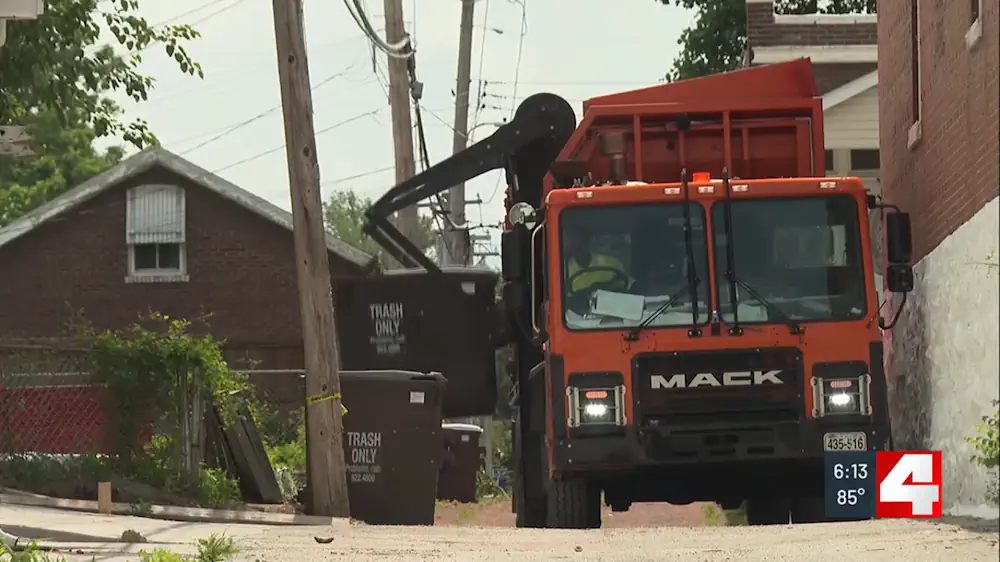Neighborhoods in the City of St. Louis will soon be able to track their recycling and solid waste thanks to a geospatial sensor developed by a Saint Louis University researcher.
Orhun Aydin, Ph.D., assistant professor in Earth and Atmospheric Science at SLU’s School for Science and Engineering, received a $149,791 planning grant from the National Science Foundation for a program to put sensors in garbage and recycling bins around the City of St. Louis.
The program follows a pilot conducted at Saint Louis University, which allowed the research team to see when and where people dispose of their waste and recyclables.
Aydin said he was inspired to work on fixing environmental issues at the source after spending years in industry working on islands of plastics in the oceans. “I wasn’t aware of the scale until then. I realized the solution can’t be fixing the islands of waste – we had to cut things off at the tap,” Dr. Aydin explained. “I want to fix the problem in the city before it reaches the natural environment.”
Solid waste management and recycling are a significant challenge for communities, as only a small fraction of the recyclables collected are recycled. According to SLU’s research team, mismanaged solid waste is routed to landfills and incinerators, most of which are now built in low-income communities and communities of color.
The research team has already installed two sensors on the city’s southside and two in North City. St. Charles resident Nan Haile says trash stacking up sends the wrong message to visitors. The project develops an Internet of Things (IoT) system to connect people and communities to the fate of their waste by forming data-driven links between citizens, local government, waste service contractors, and policymakers. The sensors use chips with IoT infrastructure built in the AI-CHESS (Artificial Intelligence for Coupled Human-Environment System Analysis for Sustainability) Lab at SLU. They will be embedded into alley-based waste and recycling bins in multiple neighborhoods around 66 square miles of St. Louis.
“We are starting with 100,” Dr. Aydin shared. “I hope to get to 10,000 in the next few years and working with the community, the city, and local partners to get there.”
In addition to the sensor network, the project will prototype AI models for optimizing city-wide recycling operations and for quantifying the impact of various recycling outreach on recycling in recycling and waste reduction behavior change.
The sensors will characterize items in the waste bins to determine what is being thrown in which bin and when. The low-cost sensors developed in Aydin’s lab are sensitive enough to determine the chemical composition of incoming waste. The sensors also measure the bacterial activity inside waste bins, which the team is using to assess food degradation to guide future food waste reduction.
